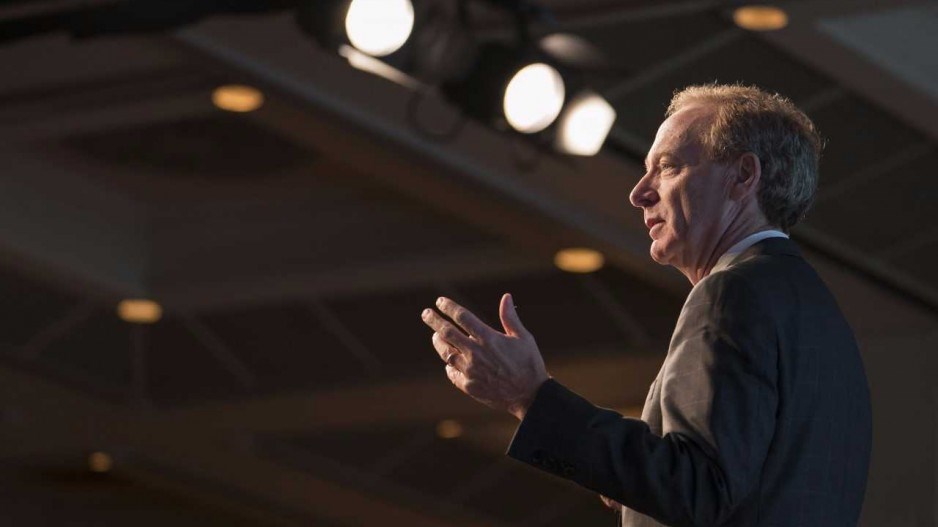When Bardel Entertainment Inc. launched in 1987, the Vancouver-based animation studio had six to 10 animators working on any given project.
Co-founder and CEO Delna Bhesania recalls many of them working odd jobs as waiters to make ends meet when times were slow. Bardel now employs 750 people, animating for series like Teenage Mutant Ninja Turtles and Rick and Morty, with about 500 of those hires coming over the past four years.
“We had to scale up and scale down to survive [over the years],” Bhesania said during a November 1 panel at the B.C. Business Summit.
Most of those new hires came within a one-to-two-year span, making the 30-year-old company’s rapid growth an anomaly for B.C., where small businesses dominate.
The fifth annual summit, presented by the Business Council of BC (BCBC), aimed to address how B.C. companies expand in a province reliant on a disproportionately significant number of small businesses.
A new BCBC report presented by economists Jock Finlayson and Ken Peacock highlighted that the province is home to 7,900 businesses employing 50 or more people compared with 396,000 enterprises that qualify as small businesses.
Last year, according to the report, the province had 83.4 small businesses per 1,000 persons compared with the national benchmark of 69.9.
Finlayson and Peacock argued that a higher number of large businesses in B.C. would boost compensation, increase productivity and expand international trade.
“We believe the paucity of larger enterprises is an impediment to building globally competitive industry clusters in B.C. – and to developing a more innovative economy generally,” the BCBC report stated.
The report recommended that policy-makers reduce basic corporate income tax to encourage the growth of small businesses, introduce tax incentives to businesses that make investments to expand and adjust research and development support to boost growth.
Meanwhile, the American companies represented at the summit made it clear that they plan to increase their presence in Vancouver even if their B.C. counterparts are reluctant to do the same.
Microsoft Corp. (Nasdaq: MSFT) president Brad Smith announced during a keynote speech that his company would add 50 jobs to the Vancouver office to help boost growth in the emerging mixed-reality market.
He said the tech giant is also partnering with the BC Institute of Technology to deploy a mixed-reality curriculum, which he described as the first of its kind in Canada.
Like virtual reality, mixed reality uses headgear to project images in front of users. Users who don the Microsoft HoloLens can view images as if they were 3D holograms appearing in the same room as them.
“Education is not just the lifeblood of the technology sector but [of] Microsoft,” Smith said following his keynote speech. “We’re frankly only as good as the capacity of a place to educate people.”
Jon Slavet, WeWork Cos. Inc.’s managing director for the U.S. and Canada West, acknowledged during his own speech that the New York-based firm specializing in co-working spaces was expanding its presence in Vancouver.
It’s leasing space at Hudson’s Bay Co.’s location at Georgia and Granville streets.
WeWork officially opened its first space at Bentall 3 on Burrard Street the day Slavet appeared at the summit, and the company has another deal to occupy 53,988 square feet in Bentall 2.
The two deals make WeWork Bentall Centre’s single largest tenant, occupying more than 146,000 square feet.
@reporton



